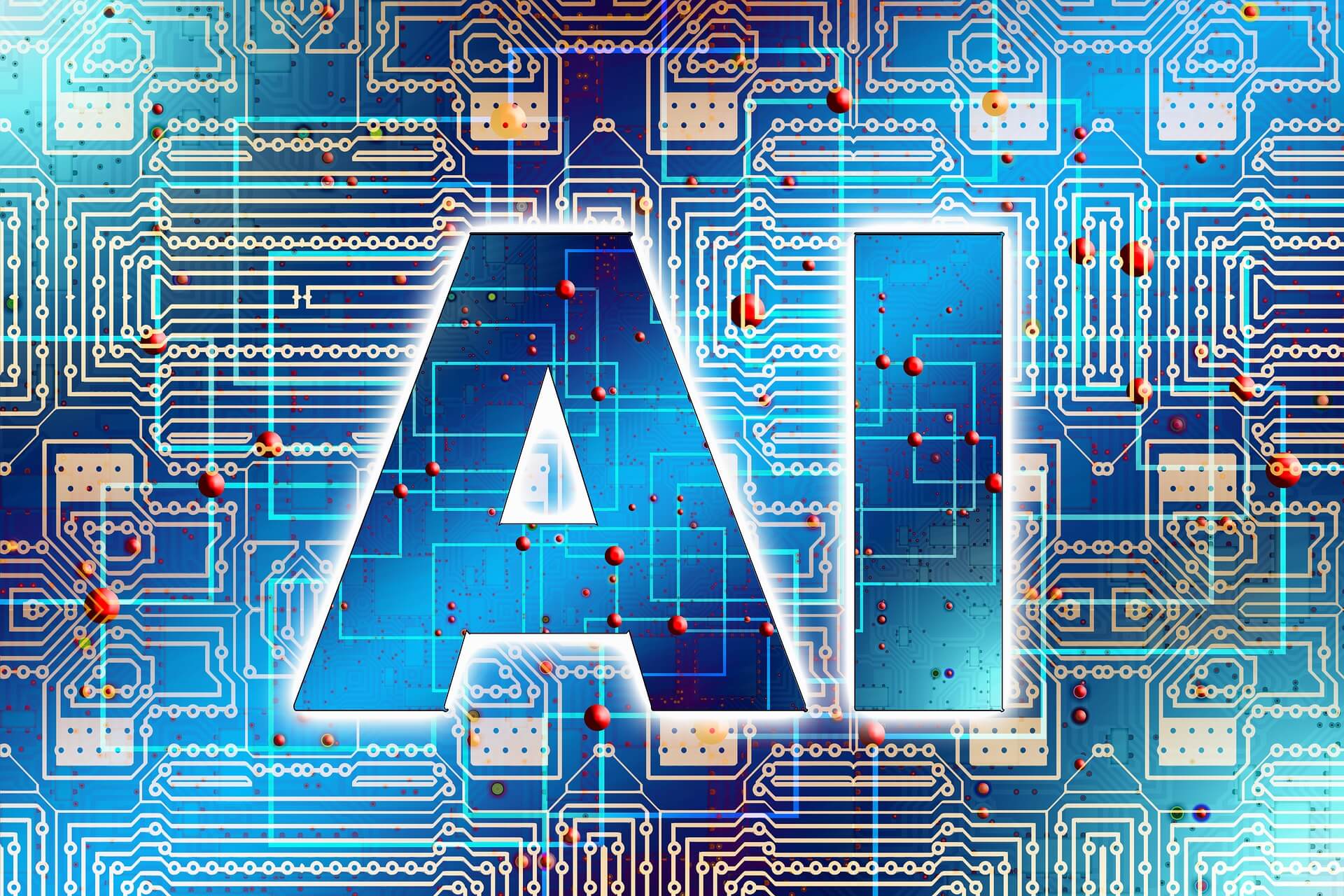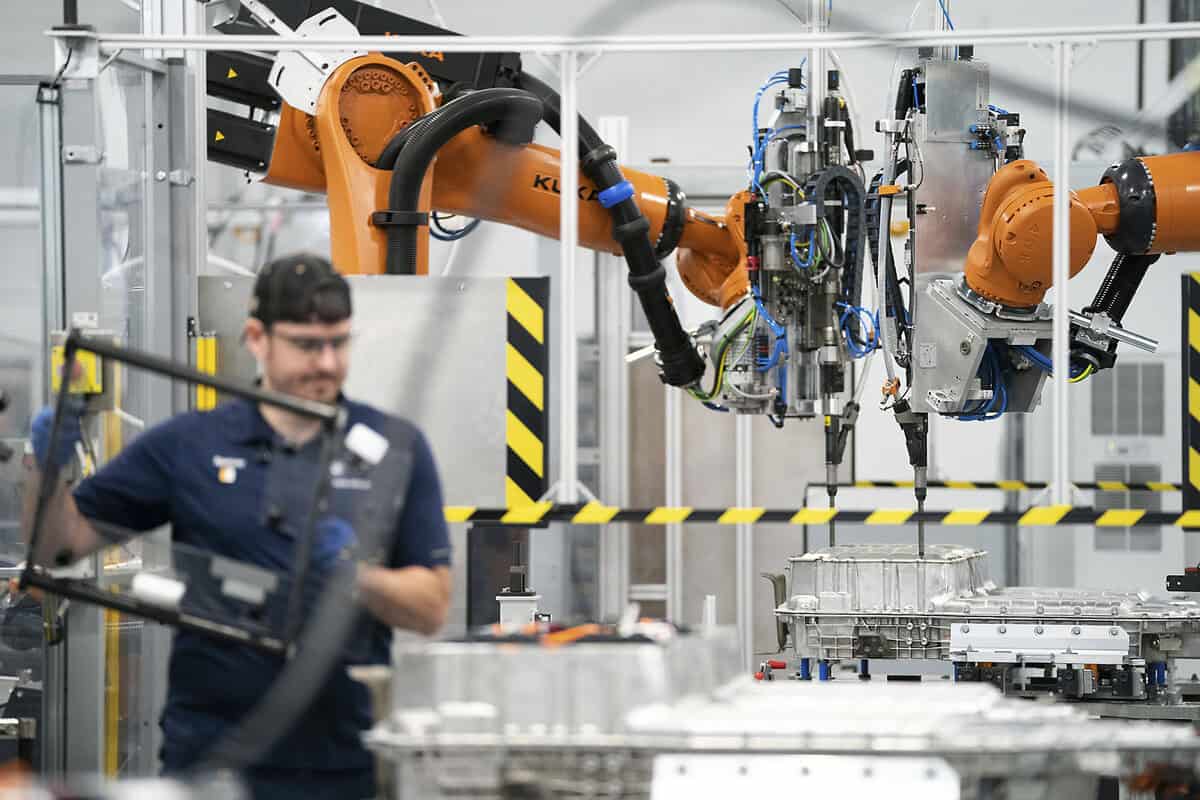NEW YORK – The last decade has seen great strides in the application of artificial intelligence to scientific discovery, but practitioners need to know when and how to improve their use of AI and must challenge poor data quality.
From drug discovery, material science, astrophysics and nuclear fusion, scientists using AI are seeing results in improved accuracy and reduced experimental time.Scientific Research,
Published in research journal Nature today, a paper from a team of 30 researchers from around the globe assesses the progress made in the much-hyped field, and understands what needs to be done.
Marshalled by Hanchen Wang, post-doctoral fellow at Stanford Computer Science and Genentech group, the paper points out AI can help with “optimizing parameters and functions, automating procedures to collect, visualize, and process data, exploring vast spaces of candidate hypotheses to form theories, and generating hypotheses and estimating their uncertainty to suggest relevant experiments.”
For example, in astrophysics, an unsupervised learning technique for neural networks for screening out noise, variational autoencoders have been used to estimate gravitational-wave detector parameters based on pretrained black-hole waveform models. “This method is up to six orders of magnitude faster than traditional methods, making it practical to capture transient gravitational-wave events,” the paper says.
Another example comes from attempts to achieve nuclear fusion. Google DeepMind research scientist Jonas Degrave developed an AI controller to regulate nuclear fusion through magnetic fields in a tokamak reactor. The researchers showed how an AI agent could take real-time measurements of electrical voltage levels and plasma configurations to help control the magnetic field and meet experimental targets.
“[The] reinforcement-learning approaches have proven to be effective for magnetic control of tokamak plasmas, where the algorithm interacts with the tokamak simulator to optimize a policy for controlling the process,” the paper says.
Though promising, the application of AI in science must rise to a number of challenges to become more widespread, the paper argues.
To read more, click on The Register






